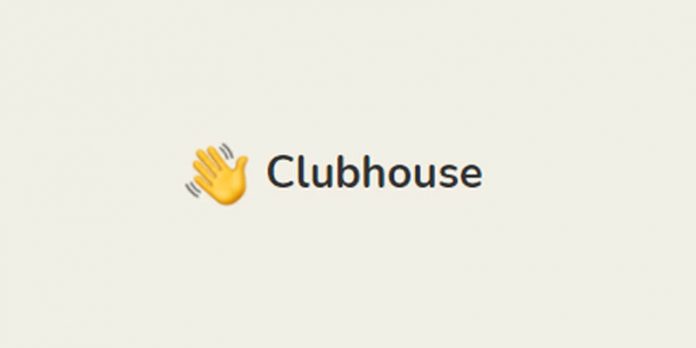Clubhouse, the well-known audio app that gained enormous popularity during the Covid era, is currently firing staff members. The company’s founders, Paul Davison and Rohan Seth, stated in a letter to employees that they were “scaling back our org by over 50% and saying goodbye to many talented, dedicated teammates.”
At the height of the Covid-19 pandemic, Clubhouse was a hit, drawing famous people like Oprah Winfrey and Elon Musk into lengthy audio conversations with numerous of other users of the app.
It talked with investors in 2021 about a $4 billion valuation. However, user numbers quickly decreased once lockdowns were lifted, and the startup changed its approach.
“As the world has opened up post-Covid, it’s become harder for many people to find their friends on Clubhouse and to fit long conversations into their daily lives,” Davison and Rohan Seth, co-founders of Clubhouse, wrote in the post. “To find its role in the world, the product needs to evolve. This requires a period of change.”
People in the Covid era used technology to stay in touch with their friends and family since face-to-face interactions were forbidden. Community apps like Clubhouse started to become popular at that time.
Clubhouse is an invite-only software that enables users to hold audio-only discussions with their friends as well as exchange audio updates and postings. The app was released in 2020 and was only available to iOS users. However, the app was also made available to Android users over the course of the following few months.
The corporation needs to “reset” in the post-COVID age, according to the founders. They claimed that in order to make the required improvements to the product, a smaller, more concentrated workforce is required.
The memo stated, “In order to fix this we need to reset the company, eliminate roles and take it down to a smaller, product-focused team. We arrived at this conclusion reluctantly, as we have years of runway remaining and do not feel immediate pressure to reduce costs. But we believe that a smaller team will give us focus and speed, and help us launch the next evolution of the product,”
Due to the app’s popularity, rival businesses began to offer comparable features, including Spotify Live, Facebook Live Audio Rooms, and Twitter Spaces.
Since then, Twitter Spaces has grown in popularity in the audio-only area, and Clubhouse has found it difficult to remain relevant. In August 2021, Clubhouse introduced a feature called “Houses” in reaction to the shifting tech landscape.
This feature offers a designated chat room where members can “make new friends through their existing friend groups in a more intimate setting.”
A smaller, more concentrated workforce, according to Davison and Seth, will enable them to iterate more quickly on the specifics and create the ideal product. They are dedicated to paying tribute to their comrades who have supported them thus far and have a clear vision for Clubhouse 2.0.
Finally, Clubhouse’s layoffs serve as a reminder of the difficulties the tech sector is facing in the post-pandemic era. In order to survive and prosper as businesses adapt to what is now the norm, they will need to be adaptable, creative, and prepared to make difficult choices.
Even though Clubhouse’s future is uncertain, there are still plenty of possibilities and room for development in the social audio sector as a whole. We may anticipate more thrilling breakthroughs in this dynamic and quickly changing business as we move forward.




